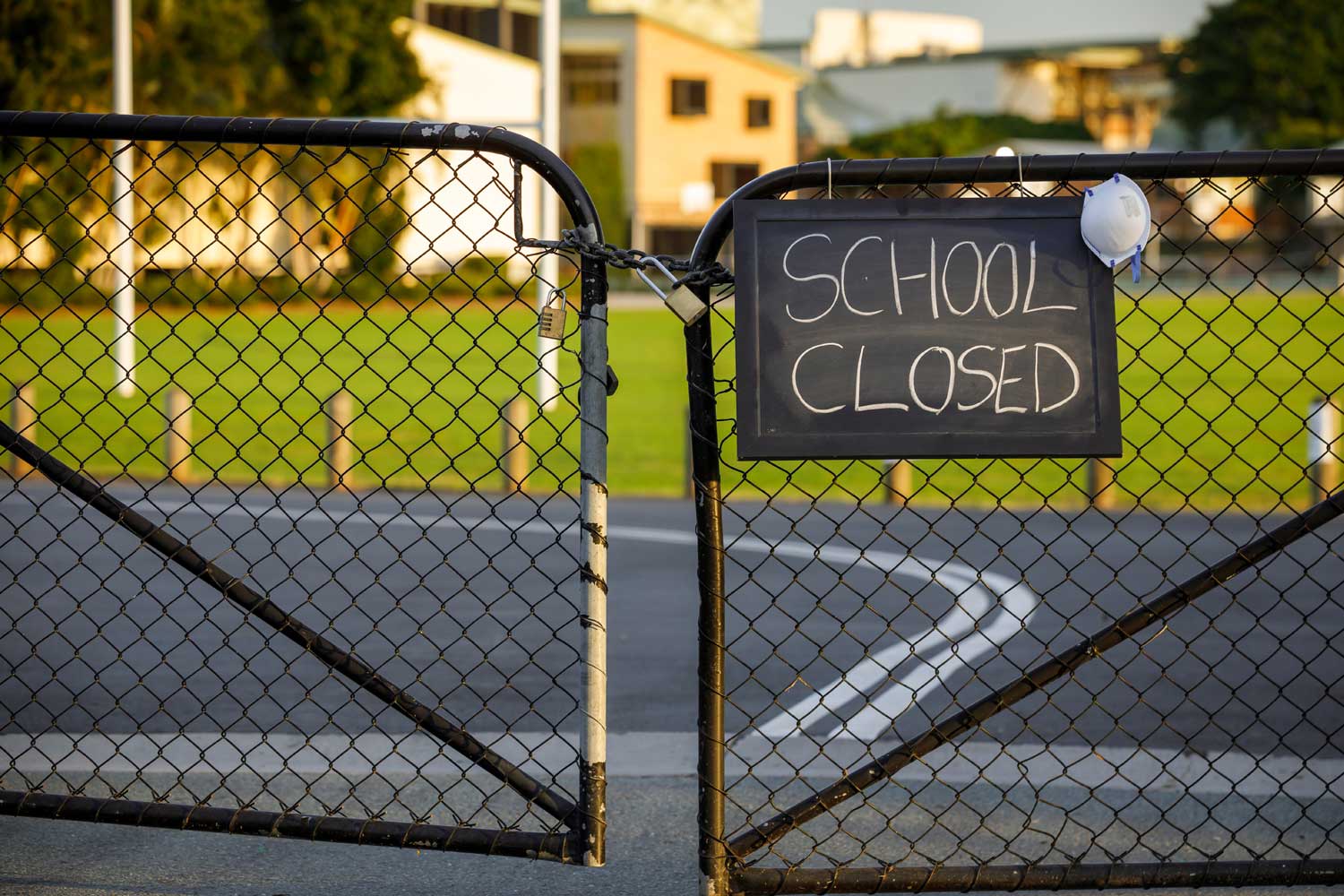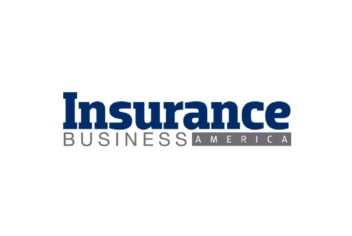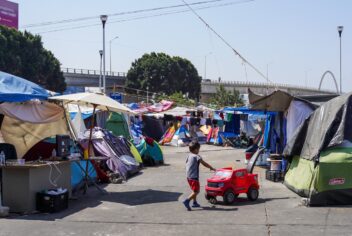Oak Grove Center is a nonprofit that operates a short-term residential therapeutic program and nonpublic schools. A number of its students live on-grounds.
When schools throughout California were closed, the nonprofit was tasked with keeping the resident students occupied and engaged in all their therapies, as well as distance learning.
In this interview, Tammy Wilson, CEO of Oak Grove Center, describes the impact on her staff, parents, and students.
What are the ways Oak Grove Center has had to offer systems of support for the kids now that schools have been shut down?
When you serve emotionally and behaviorally impacted youth and foster kids, there isn’t another place for them to go when school is shut down.
We now have the creative task of offering enrichment activities and healthy outings in non-crowded locations. These have now evolved to being on-grounds except for walks or runs outside the facility.
For their emotional health, we’re keeping the kids off news channels because of the constant diet of the doom and gloom. Sometimes you need a low-fat diet — well, you kind of need a low-fat news diet too!
In our group and individual therapy, we send the message that it’s going to get better. A lot of the kids would rather be at school. You can gripe about school, but once you’re not allowed to go, you miss it!
Luckily, we have a big campus, so they can go outside, to the gym, or stay busy with access to lots of nature. We’re looking forward to distance learning based on individual packets that our teachers put together.
The state and districts are working to figure out how this gets done and we are quickly and creatively adapting to the changes.
How do you care for kids who are medically vulnerable and at-risk, especially when transporting children?
Prior to the shelter-in-place order, when we picked kids up from public school or the community, we immediately gave them hand sanitizer before they would get in the van. We deep clean the door handles, the side panels—anything that they could touch.
We also have a nursing department to support the kids, a lot of whom struggle with diabetes, as well as two psychiatrists. The nursing department is aware of kids who are medically vulnerable and particularly those with respiratory issues. The department takes temperatures twice daily and is very attune to any symptoms.
Without being too intrusive, we have additional safety measures in place for kids applying for admission, like asking whether they’ve recently traveled. Although admissions will resume, they’ve been put on hold for the time being.
What’s your solution for kids who work?
We’re trying to find job-related activities on the main campus. Our students can no longer work at the off-site bakery and coffee shop. We’re looking into whether the students can help prepare some of the sandwiches and desserts on-campus instead.
A lot of kids from the community are also out of school, and that’s a disadvantage of this situation: When you decide we’re not going to have school, the reality is these high schoolers are probably going places they shouldn’t go.
Schools could have possibly been controlling their environments with deep cleaning, versus the students congregating in social settings that we can’t regulate.
We can’t regulate the world — or even the community to an extent — but we can make wise decisions for the ones for whom we’re entrusted to care.
Do you think that deep-cleaning the schools in the community would have been a better solution than closing them?
I personally do, because, sadly, there are a number of families who are dependent on the school lunch program. Sometimes they even eat breakfast at school. And when school’s not in session, you have kids who are not eating like they should.
Families with younger kids are even more impacted, because then the parents have to stay home instead of working. A lot of the parents are struggling with providing the education and enrichment activities we provide. They’re worried about their jobs.
Kids in the community are experiencing a feeling of loss. I understand it’s a national crisis, and everyone needs to do their part. But in some areas, I really do think it would have been better to keep school in session and then try to control the environment.
How has this impacted your staff? Is there a plan in place to manage for the possibility that a large portion of your staff may be unavailable?
We have some stringent hiring requirements of B.A.-level staff. For our short-term residential therapeutic program, we must hire staff with experience and a degree. But for other areas, we don’t have the degree requirement.
One of my contingency plans — and I’m going to be completely honest — is to offer a little bit of grace around the possibility that we might have great staff who, for example, work in our autism program, even if they don’t have a B.A. degree. We need that flexibility.
We need to consider what requirements can be waived on a temporary basis because the greater good is in ensuring the appropriate levels of supervision, engagement, and interaction.
If a wonderful staff member with a strong background in music, guitar, and keyboard could be providing music lessons, is our reaction going to be, “He doesn’t have a B.A., so he can’t work the unit”?
Or are we going to be able to be a little creative, a little flexible, so that the kids can have a music instructor?
I would like to see a little bit less rigidity right now. That’s the key to getting through this: Communities coming together in creative ways.
Tammy Wilson is the CEO of Oak Grove Center and the Chair of the NIAC Board of Directors. All of NIA’s Boards of Directors are member-elected and member-governed.
If your nonprofit is not a member of Nonprofits Insurance Alliance and you’d like to learn more about joining our community, please check out our list of coverages, as well as the benefits of membership.





